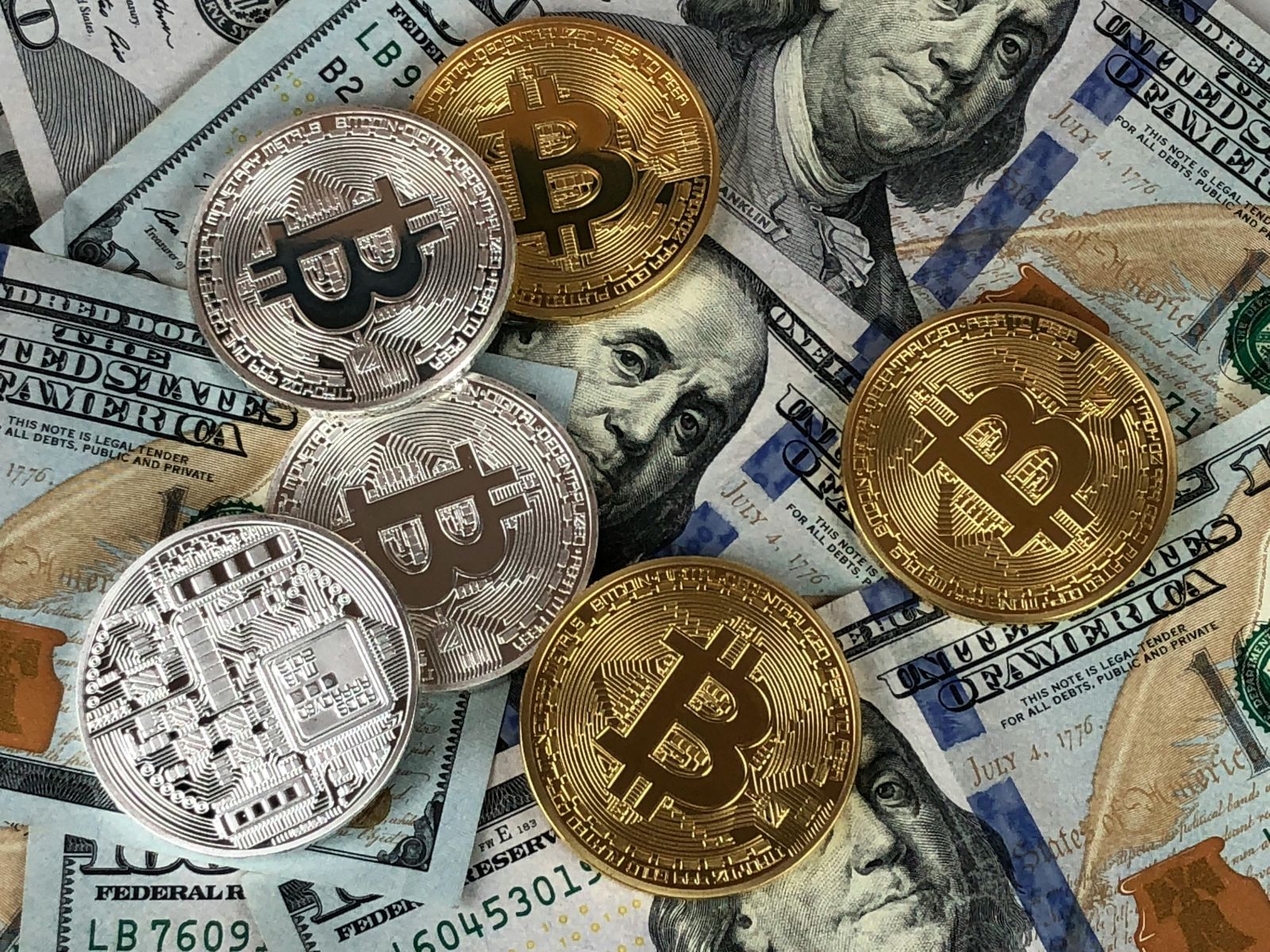The Bank of Japan (BOJ) is preparing for a series of interest rate hikes, marking the end of its long battle with deflation. A comprehensive review suggests a shift in Japan's economic landscape, signaling readiness for higher rates. This review, overseen by Governor Kazuo Ueda, aims to draw a line under former Governor Haruhiko Kuroda's aggressive monetary easing, paving the way for a return to conventional policy. The review underscores that Japan's deflationary norm has changed, setting the stage for gradual interest rate increases.
The review, which analyzes the impact of monetary easing over the past 25 years, suggests that Japan's economy can withstand a gradual rise in near-zero interest rates. This paradigm shift is bolstered by external factors like the pandemic and the Ukraine conflict, which pushed inflation above 2%. The BOJ now points to changes in household and corporate behavior, indicating a break from the deflationary mindset that has dominated for decades. Deputy Governor Shinichi Uchida noted that Japan is on the verge of eradicating this deflationary norm, supported by significant wage increases in response to labor shortages.
Market Overview:
- BOJ prepares for interest rate hikes, ending deflation battle.
- Review indicates Japan's economy ready for higher rates.
- Inflation sustained above 2% for over two years.
- BOJ shifts from Kuroda's aggressive easing policies.
- Labor shortages and wage hikes mark structural changes.
- Review to guide future policy, aiming for moderate rate levels.
- BOJ's review may set precedent for global monetary policies.
- Focus on achieving sustainable inflation and economic growth.
- Potential rate hikes depend on continued economic strength.


/Pfizer%20Inc_%20logo%20sign-by%20JHVEPhoto%20via%20iStock.jpg)


/Netflix%20on%20tv%20with%20remote%20by%20freestocks%20via%20Unsplash.jpg)
